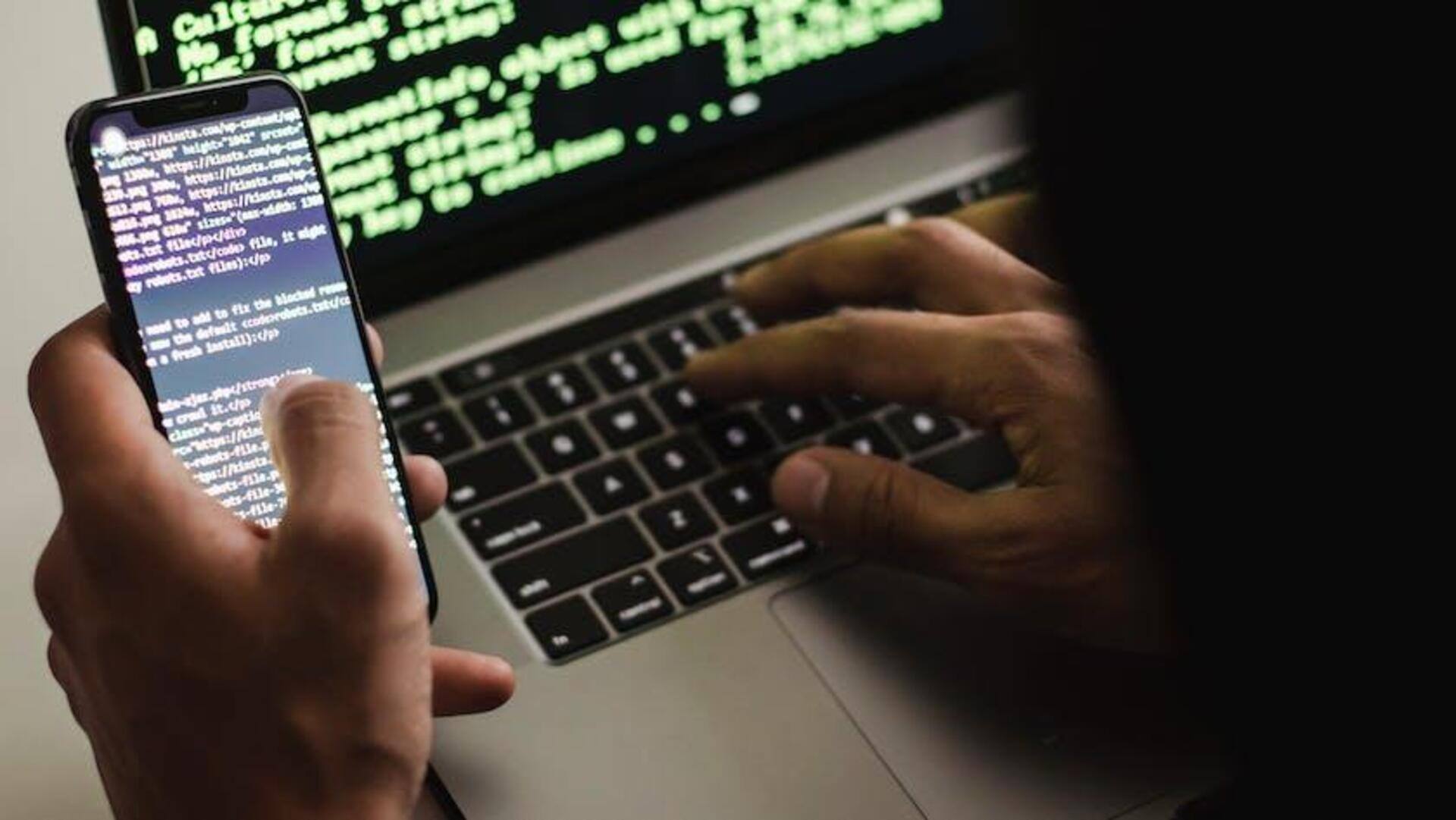
New malware targets Indian Android users; steals data, makes payments
What's the story
The Indian government has issued a security advisory warning Android users about DogeRAT, a dangerous malware that gains unauthorized access to sensitive data, including contacts, messages, and banking credentials. According to the advisory, the malware is circulated by a cybercriminal group via Telegram, disguised as legitimate applications such as ChatGPT, YouTube, Netflix, Instagram, and Opera Mini browser, among others. The malware's primary targets are users in India, but it aims to have a global reach.
Details
Banking, entertainment industries facing most attacks
DogeRAT is causing significant disruptions in the banking and entertainment industries by infiltrating Android devices and gaining unauthorized access to sensitive data. Once installed on a victim's device, the malware can take control, enabling it to send malicious spam messages, make unauthorized payments, modify files, and even take photos remotely using the device's cameras. Concerns regarding DogeRAT were initially brought to light by CloudSEK, a contextual AI company that forecasts cyber risks.
What Next?
How to safeguard your Android devices
In response to the DogeRAT threat, the Indian government has urged users to avoid installing apps from unknown third-party app stores and to stick to app stores provided by Google, Windows, or Apple. The advisory also cautions users against clicking on emails from unknown senders and asks government employees to ensure compliance with these guidelines.
Insights
Need of hour: Cybersecurity awareness
The rise of malware threats like DogeRAT highlights the need for increased cybersecurity awareness and vigilance among users. By adhering to the government's security advisory and practicing safe online habits, individuals can protect their sensitive data and devices from cybercriminals. As technology continues to evolve, it is crucial for users to stay informed about potential threats and take necessary precautions to safeguard their digital lives.